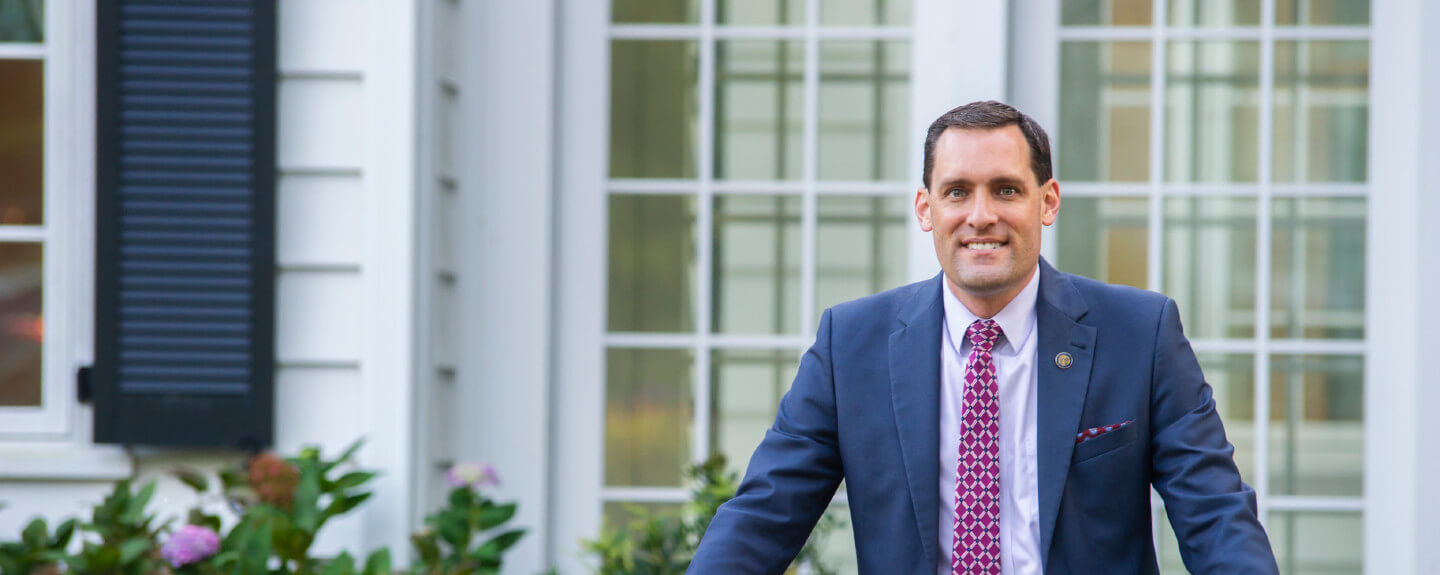Five Bipartisan Issues for 2017
When the 2017 legislative session begins in earnest on January 25, all eyes will be on the relationship between the Republican-led General Assembly and newly elected Democratic Governor Roy Cooper. The largest media stories will almost certainly be about differences between the two.
I believe we are likely in for a protracted battle over North Carolina’s budget, as the Governor will likely demand improvements in education and health care funding that Republicans will oppose. I also anticipate major veto battles around any socially conservative legislation that Republicans propose.
Ever the optimist, I also believe that there is also the opportunity for some important bi-partisan legislation. Divided government creates the possibility that some big things can get done on issues where there are not already clearly drawn partisan lines. I truly believe we can get some things done if they mean that everyone can go home and tell their constituents, “You heard about the bad stuff, but in the meantime we got this done.” Here are a few areas where I’m committed to working on bi-partisan solutions.
Repeal HB2
Yes, believe it or not, I think that the most high profile issue of the last election will be one of our first bi-partisan accomplishments. If a clean repeal of HB2 is offered for an up or down vote, it will easily pass both chambers with all Democrats and a large set of Republicans voting for repeal. The problem is that Republicans have refused to let a clean repeal bill come to a vote unless a majority of their caucus members agree to support it (which they do not).
There is plenty of evidence that the Republicans will fail to do the right thing on HB2. But they have strong incentive to reverse course. With court mandated special elections coming in 2017 and regular elections in 2018, it is to the majority party’s advantage to take this issue off the table. The last thing they want is Gov. Cooper having a press conference every week during election season reminding people how much economic damage HB2 continues to inflict on our state.
Education Policy Reforms
The Federal government is requiring states to revise their educational policy framework in 2017 and there is plenty of room for agreement here. The Every Student Succeeds Act gives us an opportunity to rethink what we are doing, and there is widespread agreement that we need to change the way we approach student testing and school accountability. We are also likely to look at how we support persistently low-performing schools, including giving some of those schools the opportunity to use some of the funding and policy flexibility that charter schools already have.
Early Childhood Funding
I have been in several conversations recently with Republicans who want to do something to expand access to early childhood education. Although many of my Republican colleagues are reluctant to involve the government in the lives of families with young children, they are coming around to the view that investments at this stage of development are likely to reduce government spending on K-12 education and the criminal justice system. One challenge for Democrats may be that increased funding may be offered in a form that looks like vouchers.
Raising the Age of Juvenile Jurisdiction
North Carolina is one of only two states that ends Juvenile Court jurisdiction at age 16. There has been a multi-year effort to raise the age to 18. A bill to do so passed the House with a wide bi-partisan majority in 2013 but was killed by Republican Senate leaders. This is coming back again in part because Republican Supreme Court Chief Justice Mark Martin has made it one of the signature issues of his leadership. Other states have recently had successful bi-partisan efforts to decrease the number of people in prison and the costs associated with mass incarceration. This could be a first step in North Carolina when we have a fiscally conservative legislature and a Governor who was formerly Attorney General.
Modernizing Alcohol Laws
These days, just about every legislator is proud of the local brewery in his or her district. Legislative efforts to modernize brewing laws in the last decade have created a booming economic industry for our state. Our distillery industry is a few years behind but on the same trajectory. Modernizing our laws for alcohol sales could further help these industries and keep North Carolina at the forefront of this hip and profitable industry.
Political cynics may call me naïve to be so hopeful, but I didn’t get into this job just to prove what can’t get done. I’m heading into this legislative session committed to working for a better North Carolina.
This column was originally published by the News of Orange on January 11, 2017.

